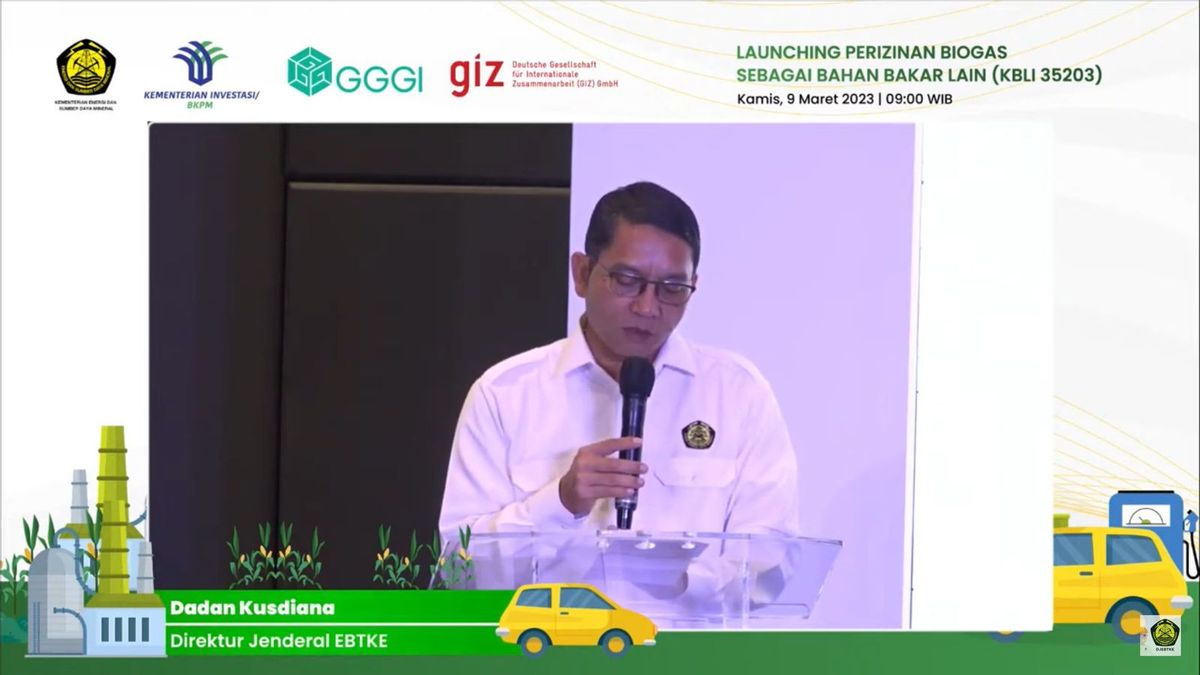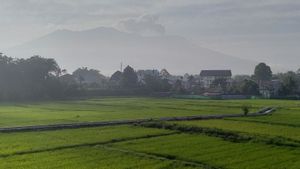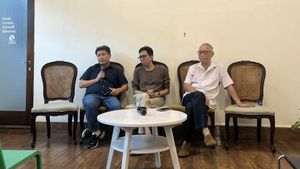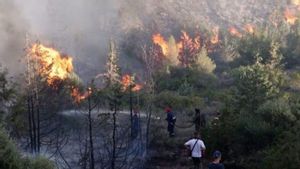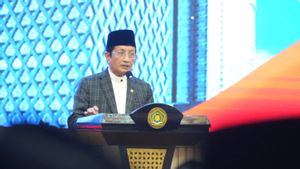JAKARTA - The Ministry of Energy and Mineral Resources (ESDM) through the Directorate General of New Renewable Energy and Energy Conservation (EBTKE) today officially launched biogas licensing as another fuel.
Thus biogas is one of the official fuels in Indonesia.
"We are increasing the use of biogas, which all this time has been thinking about only for electricity, we add it so that it can be used as fuel at the consumer level. So far, it has become fuel but it has become electricity in the end," Dadan said in his remarks at the Launching of Biogas Licensing, Thursday, March 9.
Dadan added, through this licensing policy, his party has opened an option for the public to take advantage of other energy sources besides those used so far.
"Now we are opening options from this entrepreneurship so that the consumer community can get other services, for example using LPG, can replace this or vehicles that use diesel can take advantage of this," said Dadan.
Through this licensing, continued Dadan, the government has given permission for the public to carry out buying and selling activities, business and utilizing biogas in their daily lives and not violate the rules.
"This is a legal process in our country. If someone sells and conducts trade and business procedures and uses biogas, there is no element of violating the rules. From now on, it is legal and legal fuel that can be demonstrated throughout the Republic of Indonesia," added Dadan.
Present on the same occasion, the Director of Bioenergy at the Ministry of Energy and Mineral Resources, Edi Wibowo, said that the development of biogas as one of the renewable energy and its increase continues to become a concern for government in order to increase energy resilience and independence.
"The total implementation of biogas development in 2022 in Indonesia has reached 47,72 million cubic meters with a total of 52,113 biogas units for communal households and partly for industry," he explained.
The potential for further biometanical purification results from biogas reaches 9950 million cubic meters per year.
"The raw materials for developing biometan in Indonesia are from the pome or waste of the plantation, agriculture and city waste industries and so on," concluded Edi.
The English, Chinese, Japanese, Arabic, and French versions are automatically generated by the AI. So there may still be inaccuracies in translating, please always see Indonesian as our main language. (system supported by DigitalSiber.id)
